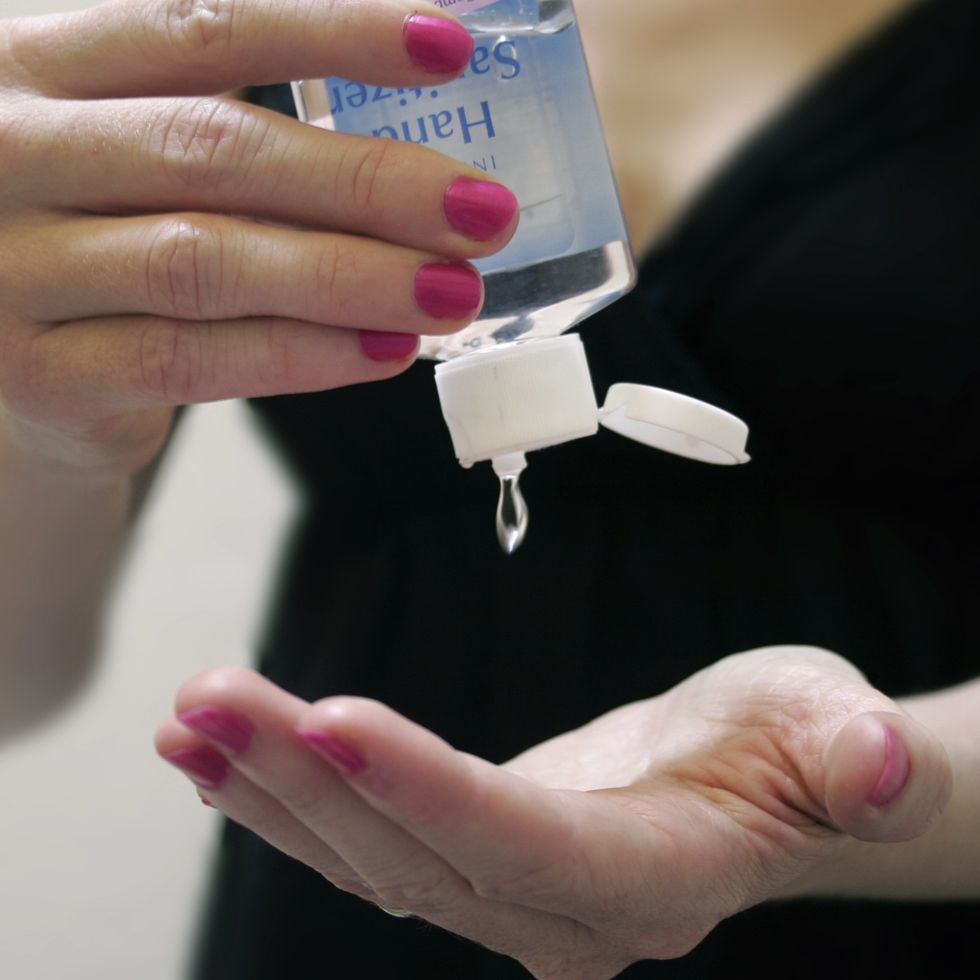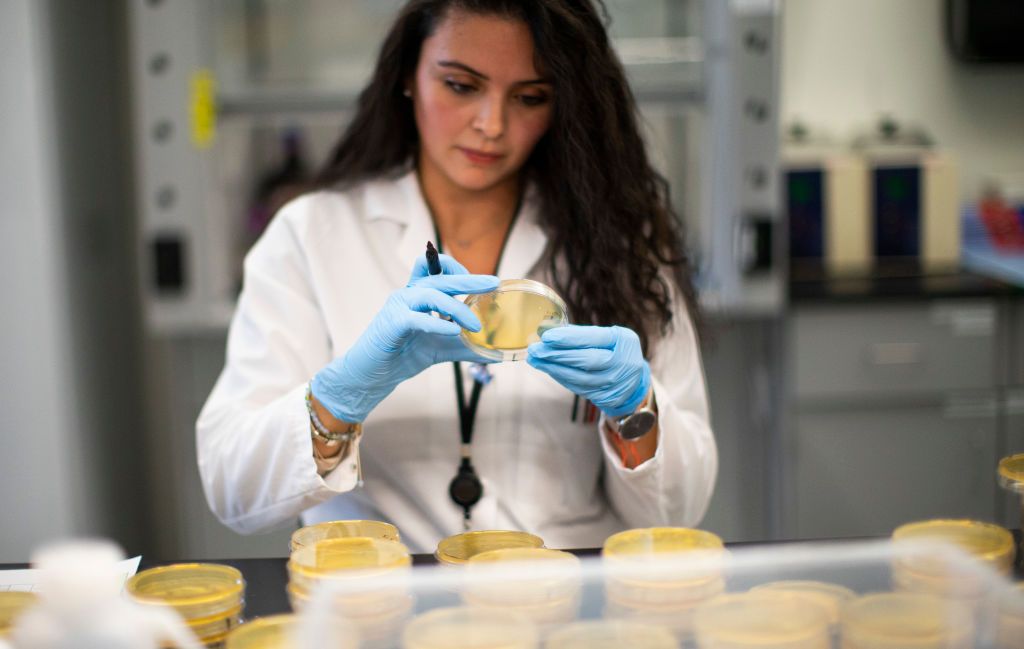
As cases of coronavirus are diagnosed in more US cities, plenty of people are wondering how they can prepare for the virus if it reaches their community. If you’re wondering how you can prevent the spread, there’s good news: Protecting yourself and your family from coronavirus and keeping your home safe is a lot simpler than you might think.
While the virus should certainly be taken seriously (six Americans have died from it, according to data from John’s Hopkins School of Medicine), “the hysteria surrounding it is outsized,” says Dr. Erika Schwartz, MD, internist and founder of Evolved Science wellness practice in New York City.
A recent study published by the Chinese Center for Disease Control and Prevention found that, of the 44,672 coronavirus cases that were confirmed in China by February 11, more than 36,000 (81 percent) of those cases were mild. The study, which is the largest conducted to date on the novel coronavirus, specifically defined “mild” as cases that didn’t involve pneumonia or involved only mild pneumonia.
Still, no one wants to be sick, and preventing the spread is crucial for the people for whom it can be deadly: the elderly and those who are immunocompromised.
Here, seven ways to keep the virus from spreading and how to prepare for an outbreak in your area.
Wash your hands.
Washing your hands (for at least 20 seconds, with warm water and soap) is one of the best protective measures you can take to stop the spread of coronavirus. Aim to do it after using the restroom, before and after eating, after traveling/touching things that a lot of people have touched (door handles, railings, etc.), and after coughing and sneezing into or near your hands and blowing your nose, says Dr. Schwartz.
Avoid touching your face.
“Viral transmissions of any kind, if they’re not spread only through the air, come from people touching their nose, mouth, and eyes,” says Dr. Schwartz. “So being mindful of touching your face is a good defense against coronavirus too.”
Stay home if you feel sick.
This isn’t the time to push through an illness. If you think you are experiencing any of the symptoms of coronavirus, stay home from work, and avoid public places like grocery stores, gyms, public transport, and airports, says Dr. Schwartz, even if your symptoms are mild and you feel up to going out. If you don’t feel well, it’s not advisable to travel for any reason, she says. “This is about respecting and protecting other people,” she says. Per the CDC, you should stay home until your risk of transmission of the virus is low, which is something you should discuss with and get the all-clear for from your doctor.

It’s also worth considering staying home if you know you’ve been exposed to the virus (for example, if you’ve traveled somewhere where there’s an outbreak or you live with someone who has a confirmed case). How long you stay home can be discussed with your employer—many companies are instating polices about home incubation periods for people who have been exposed.
Skip the face mask.
Surgical face masks won’t do anything to protect you from contracting coronavirus, says Dr. Schwartz, so there’s no need to buy or wear one as a prevention method. The only reasons you should wear a mask is if you’re showing symptoms of coronavirus and need to leave your home (to go to the doctor, for example), or you’re caring for someone who has the virus. According to the CDC, wearing a surgical face mask when you have coronavirus can help prevent contamination of the surrounding area when you cough or sneeze.
Disinfect surfaces when traveling or returning from travel.
Dr. Schwartz recommends using alcohol-based wipes to clean phones and computers after using them while being outside your home, and other surfaces (like desks and plane arm rests and tray tables) before you touch them and after you leave them to return home.
Be especially cautious if you are elderly or immunocompromised.
Anyone who is at high risk of complications if they contract coronavirus, like the elderly or immunocompromised, should not spend time around someone who has been exposed to coronavirus or is showing symptoms (doctors don’t know yet whether children or pregnant women are higher risk).

That means avoiding their space, not sharing food, plates or utensils, and not hugging or kissing them. It’s also important that higher-risk people stay hydrated and well-fed and make sure they’re getting enough sleep so their bodies can be better prepared if they come into contact with the virus.
Don’t worry about a quarantine kit.
There have been plenty of memes and articles suggesting people create a “quarantine kit,” but Dr. Schwartz doesn’t think that’s necessary. “If it makes you feel better, you could stock up on probiotics, vitamin C, chicken soup and other healthy foods, which would be beneficial if you come down with any virus,” she says. But your energy is probably better spent building up your immune system by getting seven to eight hours of sleep a night, exercising daily, eating a healthy diet and practicing the hygiene tips above, she notes. “The best thing you can do to prepare for coronavirus is to focus on what you can do as an individual,” she says. “Think about how you can boost your immunity, improve your personal hygiene habits and be cautious if you feel sick. That’s what will be helpful.”
Source: Read Full Article